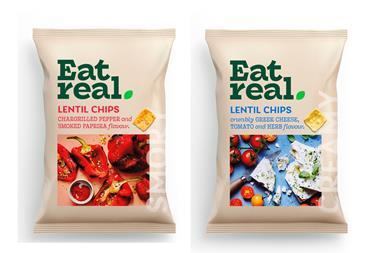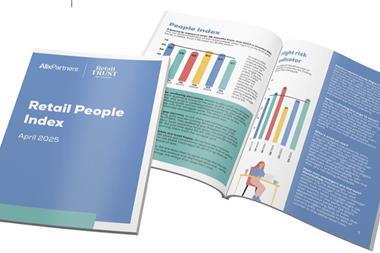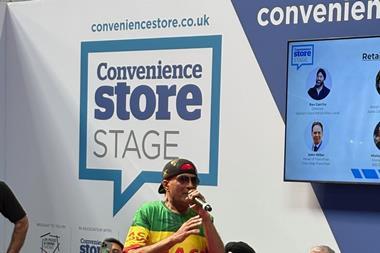Food industry fails to hit first-year sugar reduction target

The food industry, including retailers, manufacturers and restaurant chains, has failed to hit the government’s 5% sugar-reduction target for the first year of its plan to reduce childhood obesity.
The food industry managed to reduce sugar by 2% in the year to August 2017
ALREADY HAVE A REGISTERED USER ACCOUNT? PLEASE LOG IN HERE
To read the full story join the ConvenienceStore.co.uk community today!
Registration is quick and easy and provides access to:
- Unlimited ConvenienceStore.co.uk articles
- Our great range of newsletters
- Content you’ve saved for later via the ‘my library’ feature
And much more…











![WG-4003[58]](https://d2dyh47stel7w4.cloudfront.net/Pictures/274x183/4/5/1/353451_wg400358_6083.jpg)















